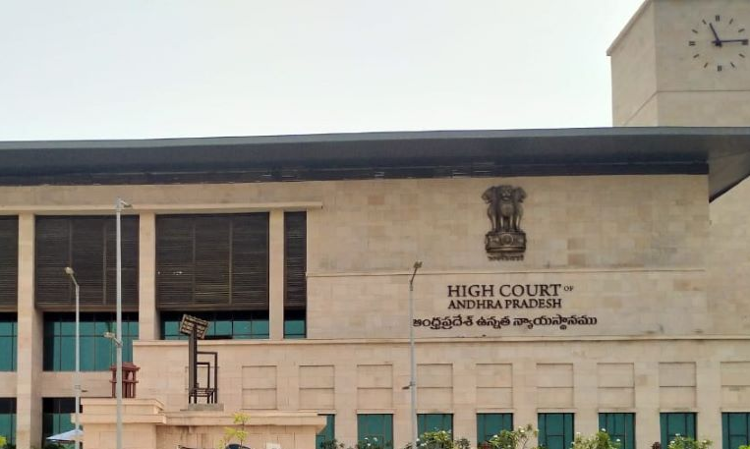Criminal Proceedings And Disciplinary Enquiry Can Go On Simultaneously: Andhra Pradesh High Court
Jagriti Sanghi
6 Sept 2022 1:15 PM IST

Next Story
6 Sept 2022 1:15 PM IST
In a recent case, the Andhra Pradesh High Court placing reliance on multitude of decisions reiterated the point that disciplinary proceedings should not be stayed only on the sole ground that criminal proceedings are pending. In the facts of the case, the criminal proceedings were installed for last more than almost 12 years without any progress. Furthermore, Justice Ravi...
